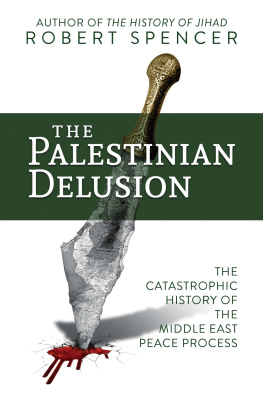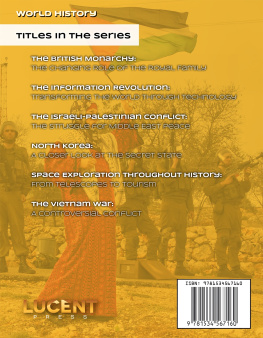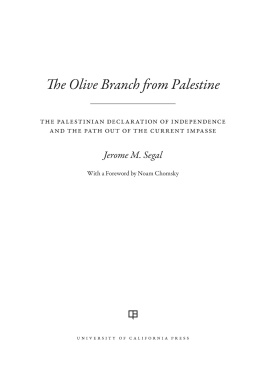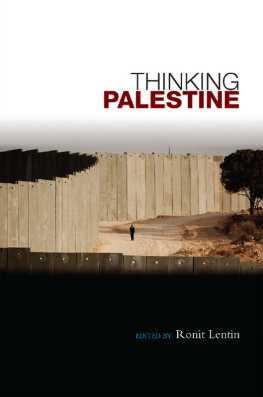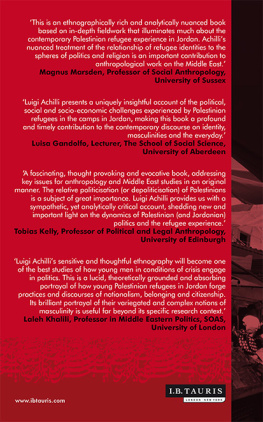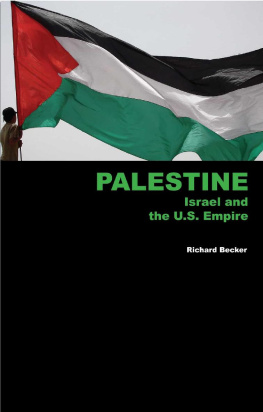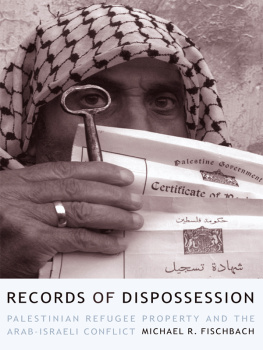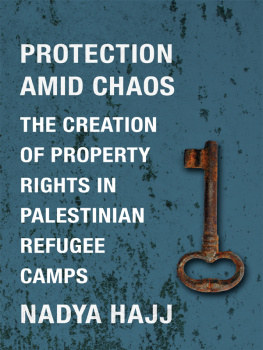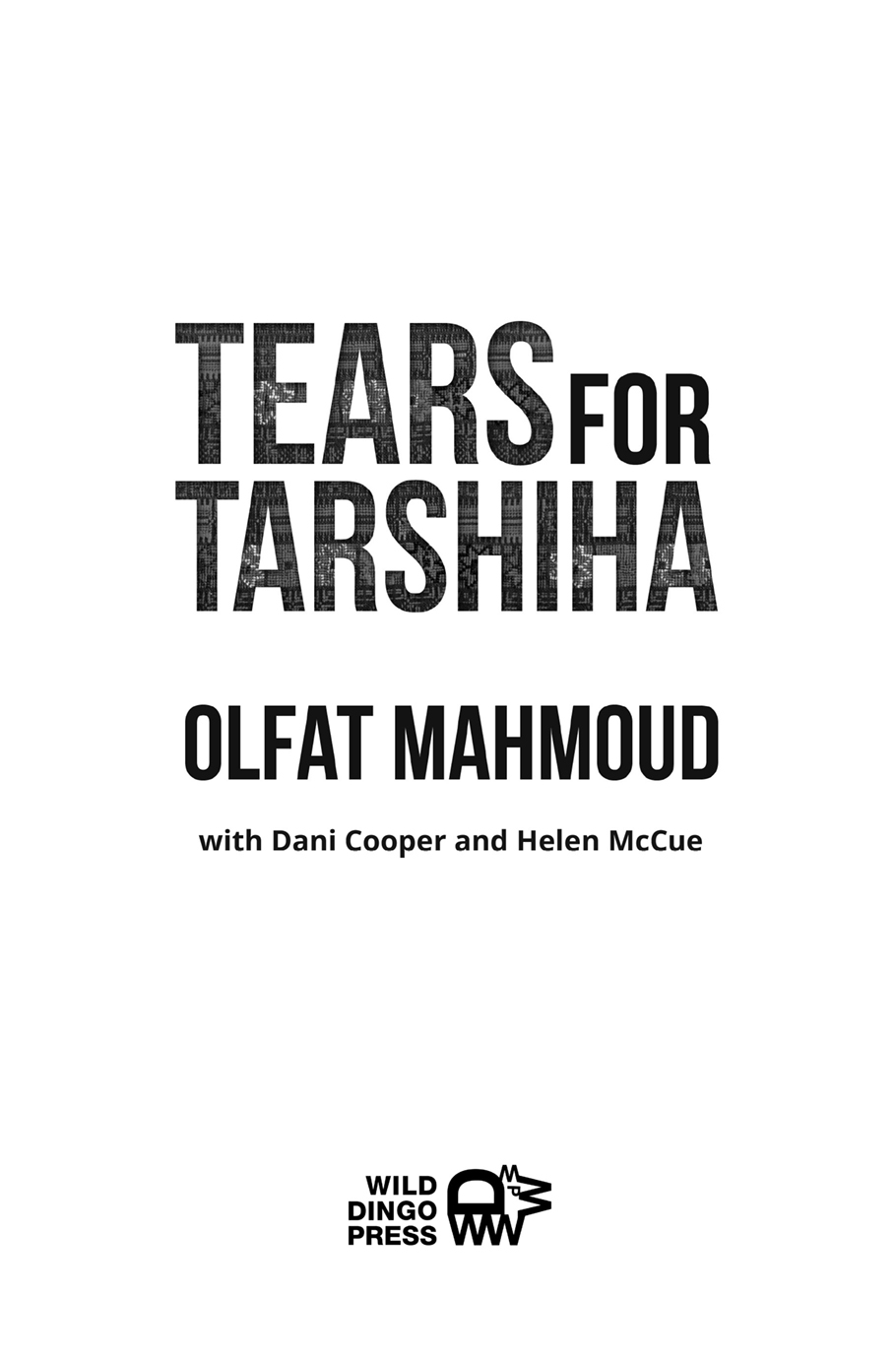
Published by Wild Dingo Press
Melbourne, Australia
First published by Wild Dingo Press 2018
Text copyright Olfat Mahmoud, Dani Cooper & Helen McCue 2018
The moral right of the author has been asserted.
Except as permitted under the Australian Copyright Act 1968,
no part of this book may be reproduced, stored in a retrieval system,
or transmitted in any form or by any means, electronic, mechanical,
photocopying, recording, or otherwise without prior permission
of the copyright owners and the publisher of this book.
Designer: Debra Billson
Editor: Catherine Lewis
Cover photos: Government Press Office (Israel);
Old Palestinian Tatreez-Embroidery Image: lenazap (iStock)
Print in Australia by Griffin Press
Mahmoud, Olfat, 1960.
Tears for Tarshiha / Olfat Mahmoud.

ISBN: 9780648066361 (paperback)
ISBN: 9780987178596 (ebook: pdf)
ISBN: 9780987381347 (eBook: ePub)
To my parents who nurtured in me my love of Palestine and Tarshiha and my desire to return to my homeland.
Acknowledgements
For several decades my friends, in particular Helen McCue, my family and colleagues have been urging me to tell the story of my life as a child, teenager, wife, mother and activist living in the Palestinian refugee camp of Burj Barajneh in Beirut, Lebanon. It has taken time, but with the help of all these people Tears for Tarshiha has now been published.
I wish to acknowledge the gifts given to me by my parents and the love and encouragement given by my father and my mother who supported me throughout their lives. This book and all the work that I do would not have been possible without the love and support of my extended family, especially my husband Mahmoud and our boys, Chaker, Fayez, Hadi and Hani.
I am exceptionally grateful for the professional help in bringing my story to a wider audience from publisher Wild Dingo Press, and in particular its founder Catherine Lewis, who has an enduring commitment to giving voice to the worlds refugees.
I am grateful to all the wonderful women, my sisters in the struggle, who have been through so much with me and have always been so loving and supportive. I acknowledge all of the international development agency staff, in particular Union Aid Abroad APHEDA, who have supported my work in the camps, and all the wonderful volunteers who have given their time and energy to help us. I would like to thank also the Oral History department of the National Library of Australia.
There have been a number of wonderful people who have read this manuscript and who have encouraged me to continue during the difficult times. Their sage advice and suggestions are the backbone on which this manuscript has been crafted. They know who they are without being named.
Finally, I wish to thank Dani Cooper and Helen McCue for their encouragement and assistance in bringing my story to the printed page.
Table of Contents
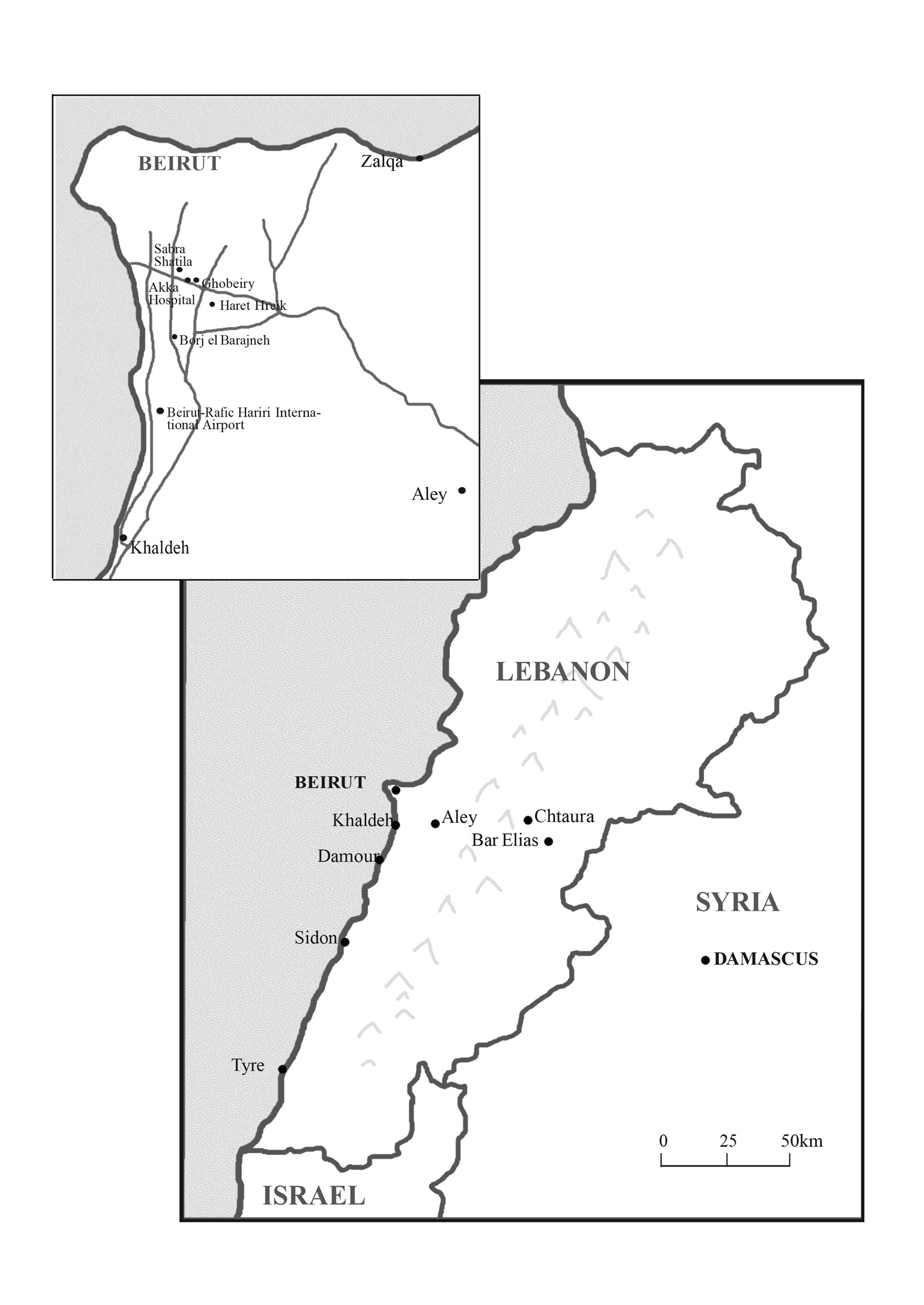
Introduction
Tears for Tarshiha is the story of my friend Dr Olfat Mahmoud who was born a refugee in Burj Barajneh, one of several Palestinian refugee camps in Beirut, Lebanon. I first met Olfat in 1982 having resigned my Middle Eastern consultancy with the World Health Organisation after the massacre of Palestinians in the Sabra and Shatila camps in Beirut. Olfat was a nurse in Gaza Hospital when I met her, and we soon became good friends.
Olfats story is the story of hundreds of thousands of Palestinian refugees living in camps in Lebanon and throughout the Middle East, so it echoes the lives of millions of refugees worldwide. Through Olfats story of leadership, extraordinary courage, dedication and resilience in war-torn Lebanon, we see the life of a refugee woman, nurse, mother, academic and outspoken advocate for her people who longs to return to her ancestral home and live in peace.
My friendship with Olfat has been sustained over the past 34 years initially though my work with Union Aid Aboard-APHEDA, then later through ongoing advocacy for refugees. It has been with Australian trade union support and Australian government funds that considerable development assistance has been provided not only to refugees in Lebanon but also to Palestinians living in the Occupied Territories.
Along with many others, for many years I had been urging Olfat to write her story. In March 2001 I spent six weeks with her, recorder in hand, reflecting on her life. Later, when she was in Australia, we did more interviews. In 2013 Dani Cooper conducted further interviews. It was an extremely emotional journey with lots of tears and laughter as Olfat recalled the trauma and joys of her life. I interviewed her mother, father, grandmothers and aunts as well as other family members living in the Burj Barajneh camp. I spoke, too, with Olfats friends and colleagues. Using all the material, Dani Cooper has woven one womans story of struggle for Palestinian rights, principal among them the right of return, into a personal narrative that captures Olfats pain, exile, statelessness, and courage.
Seventy years on from the flight of Palestinians from their homeland, Tears for Tarshiha is a timely reminder of the present-day failure of the Middle East peace process and the failure of the international community through the United Nations to address the fate of some four million Palestinian refugees, to address the key issue of the Right of Return and to address the ongoing occupation of Palestinian territory.
Throughout her life Olfat has not ceased to fight for the principle, enshrined in international law and in numerous UN resolutions, of the Palestinian right of return. Her contribution to that principle has taken her all over the world, speaking about life in the camps and advocating for peace. In 2015 when she was invited to the UN in New York for a ceremony marking the formation of UNRWA. Speaking on behalf of Lebanese-based Palestinian refugees in the presence of the UN Secretary-General Ban Ki-moon, Olfat said:
As a Palestine refugee in Lebanon, I have very limited rights, I am stateless, and I exist but am not recognised... My father and mother and my grandmothers and grandfathers and my children will remain refugees even if they marry Lebanese. For us the phrases human rights and the right to be free from statelessness, and the right to live in dignity and safety have lost all their meaning.
I hope this book will help raise understanding of the plight of Palestinian refugees and their rightful quest to return to their homeland.
Dr. Helen McCue AM, Southern Highlands, NSW, Australia 2018.
THE CATASTROPHE ( AL NAKBA )
I was not yet born, but on a winters night on March 10, 1948, a group of 11 men I would never meet sealed my fate. On that Wednesday, these 11 menZionist leaders and young Jewish military officersmet near the seafront in northern Tel Aviv ( Tel al Rabia in Arabic) at a rectangular, white building, ironically known as the Red House in deference to its previous life as a workers union headquarters. There they finalised the blueprint of a plan to systematically clear Palestinians from their homeland. Before the evening was over orders had been delivered to military units on the ground to prepare for the expulsion of Palestinians from large swathes of the region. It took six months to fulfil the mission and when it was over, more than half of Palestines native population, close to 800,000 people, had been uprooted, 531 villages had been destroyed and 11 urban neighbourhoods emptied of their inhabitants. My village of Tarshiha, in northern Palestine, was among the last to be cleared. It was October 1948 and the military operationwhat my people call al Nakba , the catastrophewas by then concentrated on the Upper Galilee where my family had lived for centuries. As the Palestinian men of our region fought back, the Israeli ground offensive was reinforced with an aerial bombardment.


